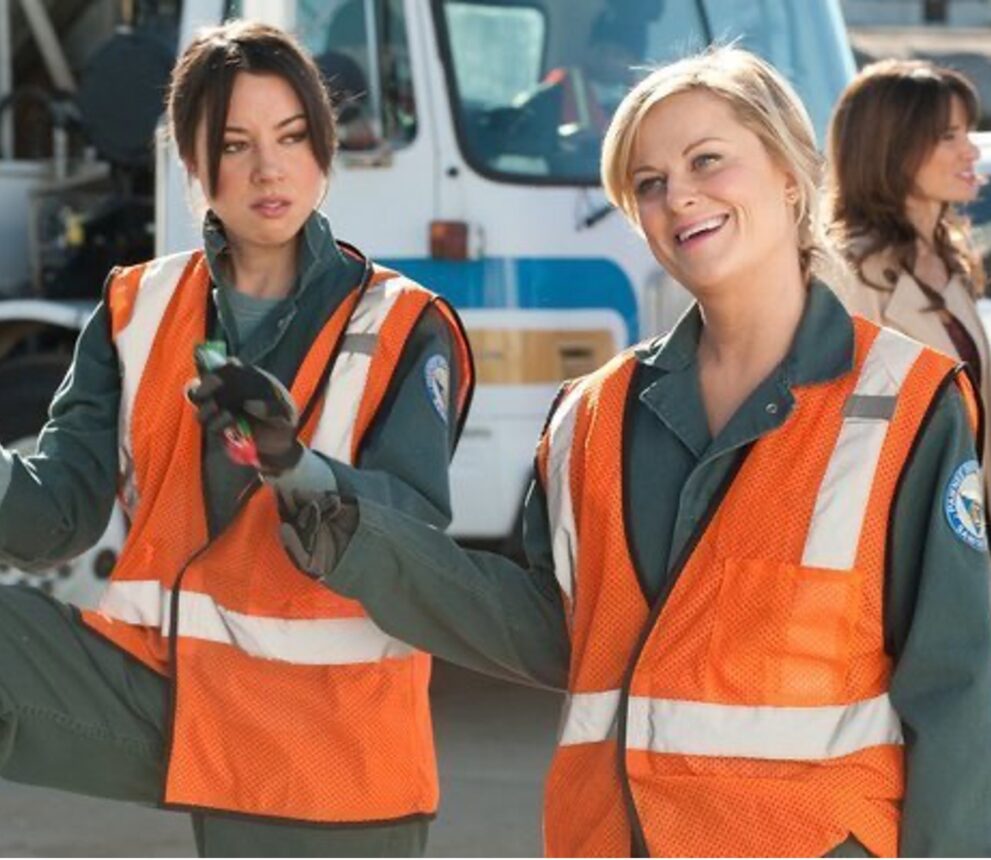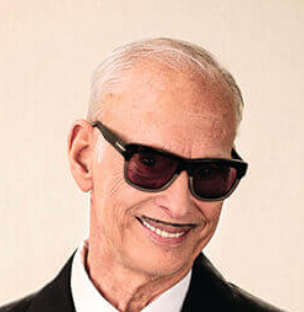From the Baltimore Magazine, January 2023, by Jed Dietz
JOHN WATERS IS A SINGULAR CITIZEN of Baltimore. He travels widely for work, filling far-flung venues like the Sydney Opera House, and spends significant time in New York, San Francisco, and Provincetown. He cares about filmmaking, fashion, and the visual arts—none of which are centered in Baltimore. However, the first thing you must know about John is that he is a Baltimore son. And, most importantly, he has taught us to not just accept the things that make us different, but to celebrate those things. Along the way, John has put Baltimore on the culture map over and over during a period when American society has changed dramatically.
“…he has taught us to not just accept the things that make us different, but to celebrate those things.”
John is certainly perceptive and funny. He also works incredibly hard. He gets up early, isolates himself for part of the day to concentrate on things only he can do, and is scheduled with meetings and phone calls deep into the night. Some evenings, he then looks for new music acts around town or watches a movie he has been sent. Preternaturally suspicious of institutions, he has nonetheless given generously to local organizations, including, most recently, his gift of his incredible art collection to the BMA.

New movie coming out June 2024
Baltimore Sun
PUBLISHED: February 28, 2024
The filmmaker John Waters issued a statement Wednesday quashing recent rumors about a film project being developed based on his 2022 novel, “Liarmouth: A Feel Bad Romance.” More information from the Baltimore Sun article

John Waters gets a Star on Hollywood Walk of Fame
“As John Waters gets his star on Hollywood Boulevard, fans in Baltimore toast the ‘Pope of Trash”
The ceremony in Hollywood was streamed at two historic Baltimore theaters for friends and fans of the iconoclastic director and author… Read more from the Baltimore Sun article here

Beyond his seminal work in film, he’s contributed to the art world as a collector, critic, and practitioner. I’ve seen him advise contemporary artists who were awed by how much he knew about the inner workings of their field. He’s a talented performer and has been a fashion-world influencer long before social media. He’s written unusual and important books—his essay about Leslie Van Houten in Role Models could’ve been written by a legal scholar, except, of course, it’s more entertaining and personal. He’s fascinated by artists and many visiting filmmakers have had the honor of spending a long night with John, touring “mutant bars” and other special Baltimore spots. His attendance at their screenings makes filmmakers nervous; his approval means everything. He’s no softie—I remember his reply to a filmmaker who complained about all the money-grubbing he had to do to make movies. After a pause, John said, “Then get out.”
THE BOLD AND THE BRILLIANT: SIX BALTIMOREANS WHO CHANGED EVERYTHING
When we started the Maryland Film Festival, there were plenty of doubters—Baltimore was in decline as an industrial center and losing population. The city was not a major media market or tourist destination, and a previous film festival in town had died a somewhat painful death. The world already had good non-major-market film festivals with strong identities, and even smaller ones with clear missions focused on nonfiction filmmaking, animation, and experimental film. Creating a new role, for our audience and for filmmakers, was a challenge.
All the skeptics in the film community said John and Barry Levinson had to be involved in our first festival, since they were each so identified with Baltimore (“same city, different neighborhoods”). John was skeptical, always wary of the distortion field his fame created, but said he could host a screening of a film he loved and lead a discussion afterwards. He mentioned Boom!, a studio film I’d never heard of, despite the major talent involved (screenplay by Tennessee Williams, starring Richard Burton and Elizabeth Taylor). We opened the first Maryland Film Festival with a documentary Barry Levinson was developing about the original Diner guys.
Both were hits with our audience, and we learned to trust Baltimore was unique, and that would be our strength. John has hosted a screening of a film he has chosen at every Maryland Film Festival since, including a COVID-defying drive-in double feature at Druid Hill Park. One was a documentary filmed with dashboard cameras of car crashes in Russia, The Road Movie, and the second was a feature from Russian director Kirill Sokolov, Why Don’t You Just Die! (one critic noticed influences of Tarantino, Guy Ritchie, Sergio Leone, and Park Chan-wook). John has helped the Maryland Film Festival grow in numerous ways, including serving on our board. He has been part of successful fundraisers, and even got John Travolta to demonstrate dance steps one year. Baltimore couldn’t have a better member of its family.
JED DIETZ IS THE NOW-RETIRED FOUNDING DIRECTOR OF THE MARYLAND FILM FESTIVAL AND OVERSAW THE RENOVATION OF THE HISTORIC PARKWAY THEATRE.